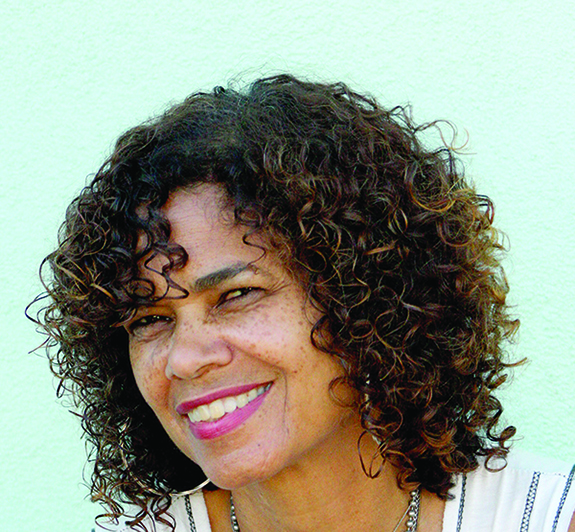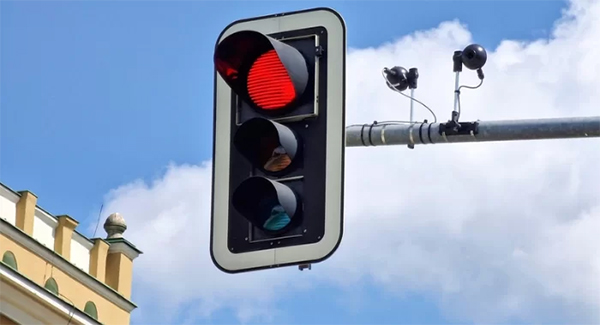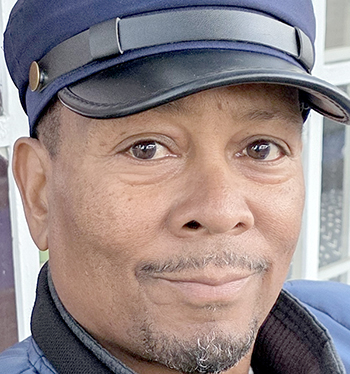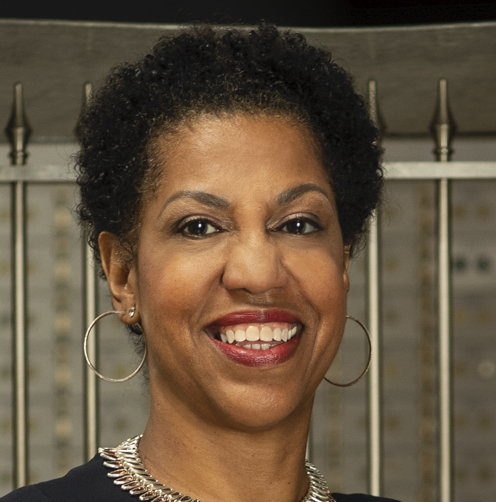Despite setbacks, state is making progress on reparations

Erin Aubry Kaplan
By Erin Aubry Kaplan
Guest Columnist
How do you advance Black reparations when the federal government has fully embraced anti-Blackness and is hellbent on wiping out racial justice and Black history itself?
That’s become much more daunting than usual, even for Black people who have grown used to persevering through backlash and uphill battles.
Not so long ago, in the aftermath of the nationwide racial reckoning prompted by the murder of George Floyd, California became the first state to convene a task force to make the case for statewide Black reparations, compensation for the financial and other damage to Black people wrought by slavery and its aftermath. The task force spent a couple of years amassing details of California’s racial transgressions and formulating recommendations on how to remedy them.
The first set of bills based on those recommendations was introduced last year, just as the campaign for the pivotal 2024 presidential election began heating up, with the Republican Party’s escalating tirades against diversity, equity and inclusion.
After a bitter fight within the California Legislative Black Caucus around what legislation to advance, six of the bills were signed into law last year by Gov. Gavin Newsom. They failed to satisfy everyone, and were criticized by reparations advocates as being mostly symbolic or doing too little.
But that hasn’t stopped California’s reparations movement and the tough work of turning the more than 100 recommendations of the state task force into law. Last month the caucus announced that the Legislature was sending a new package of reparations bills to the governor’s desk. Overall, these bills, while fewer in number than in the first package of legislation last year, are bolder and more ambitious — likely a response to the rift between the caucus and reparations advocates that happened last year after the caucus ultimately pulled support from some of its own proposals.
The most buzzworthy is Assembly Bill 7 by Assemblyman Isaac Bryan, D-Culver City, which says colleges and universities may consider giving “preference in admissions” to descendants of people who were enslaved before 1900. The bill creates an option, not a requirement, but it offers a workaround in a state where affirmative action in higher education has been banned for 30 years. Not surprisingly, the proposal faced opposition in the Legislature and has been criticized by conservative organizations like the Pacific Legal Foundation.
What’s new about Bryan’s bill is that it recasts the idea of preferential treatment, an accusation white people have leveled at colleges practicing some kind of affirmative action (such accusations never take into account the fact that white people, still the nation’s largest ethnic group, might be recipients of favorable treatment). In AB 7, preference is based not on students’ color but on their lineage, specifically being descended from people who were enslaved before 1900.
That would theoretically include descendants not just of Black people but of Chinese immigrants, Native Americans and other groups who all experienced slavery, indentured servitude or other forms of forced labor during that time.
AB 7 is one of 16 reparations-related bills introduced earlier this year by members of the Black caucus in a package called Road to Repair. Notably, many of the bills don’t include the words “Black” or “African American.”
Instead, they describe the population targeted as descendants of formerly enslaved persons, or those victimized by chattel slavery. While framing reparations around lineage rather than race is in some ways a novel strategy, it’s also what Black leaders and legislators have always had to do: thread the needle politically in order to more fully address grievances unique to Black people.
The Legislature passed three other reparations-related bills. All four must be signed or vetoed by the governor by Oct. 12.
Newsom already has a spotty record on reparations. While he signed some reparations-related bills last year, he refused to entertain proposals on direct cash payments, a sore point for many activists, and undermined a key bill that would have established a state agency to administer reparations (the bill fizzled in the Assembly).
It also looks increasingly likely the governor will run for president, and his efforts to broaden his appeal beyond California mean the fate of this year’s bills are even more uncertain.
Though Bryan’s higher education bill has garnered the most headlines, perhaps the most significant legislation in the package is Senate Bill 518, a reboot of a key bill that fizzled in the Assembly after Newsom threatened to modify it with amendments. It would establish a state Bureau for the Descendants of American Slavery that would determine who qualifies genealogically to benefit from California’s reparations programs, now and in the future.
It’s a high-tech version of the Freedmen’s Bureau, the government office established after the Civil War to help the formerly enslaved transition into a free American society with, among other things, 40 acres of land and a mule. Its efforts lasted a scant seven years, ultimately doomed by the reluctance of white people across the reunified United States to enact meaningful reparations for its most methodically exploited and vulnerable people.
One hundred and sixty years later, with that reluctance once again dominating political reality, California is betting on being the state that can help finish the job.
Erin Aubry Kaplan is an award-winning journalist who examines the persistent barriers to racial justice and opportunities for progress in an era of receding Black presence in Los Angeles and California. This article was produced by Capital & Main, a nonprofit publication focused on inequality. It is published here with permission.
LIFTOUT
AB 7 is one of 16 reparations-related bills introduced earlier this year by members of the Black caucus in a package called Road to Repair.





